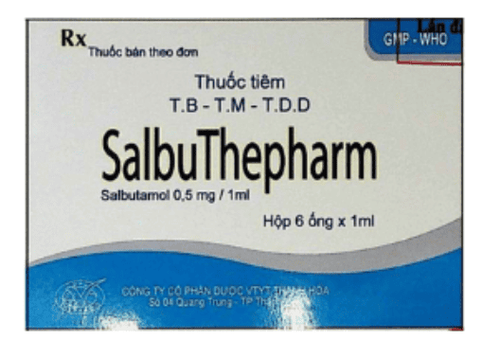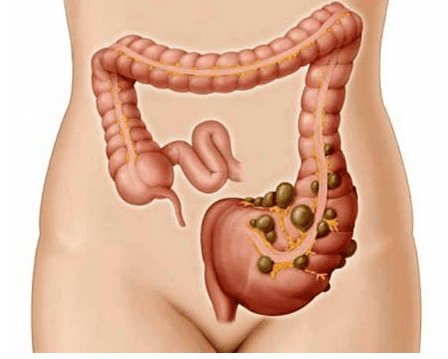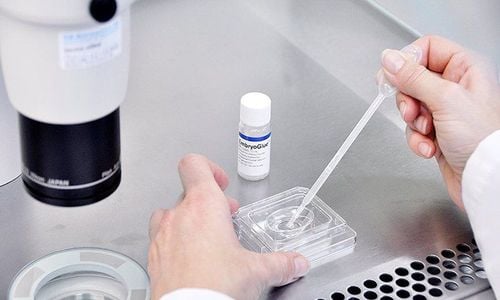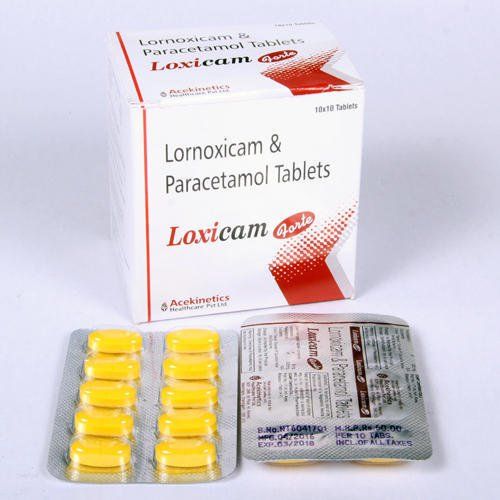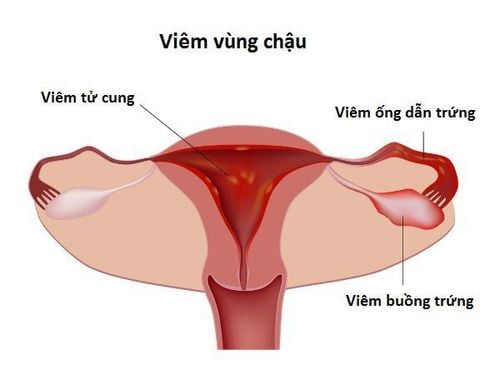This is an automatically translated article.
Diabetes occurs when blood sugar levels are higher than normal. Diabetes causes many dangerous complications for patients, including problems with oral health. The article will help readers better understand the condition and treatment of oral complications in people with diabetes.
1. Diabetes
Diabetes is a disease that cannot be completely cured. Diabetes is when blood sugar levels are higher than normal. When you have diabetes, your body does not efficiently metabolize carbohydrates from the foods you eat for energy, causing sugar to gradually build up in your blood. Over time, often high blood sugar levels will increase the risk of dangerous complications in the heart, eyes, kidneys, nerves, dental diseases,...
2. Diabetes complications in teeth
People with diabetes have a higher risk of oral diseases such as gingivitis, gum disease and periodontitis.
If diabetes is not strictly controlled, it will affect the ability to fight bacteria that cause gum infections. In contrast, patients with gum disease also affect the body's ability to control blood sugar.
According to research, in people with diabetes, the sugar content in saliva will be much higher than that of a normal person. Therefore, this is an ideal environment for harmful bacteria to grow and thrive.
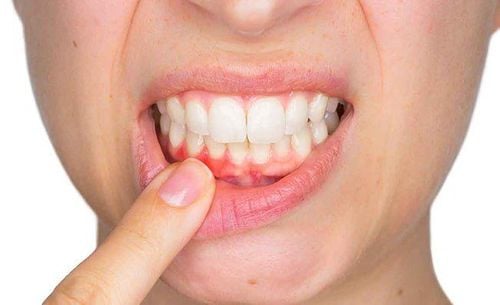
Tiểu đường có thể gây biến chứng viêm nha chu
3. Dental disease caused by diabetes complications
Tooth decay: The plaque on the teeth caused by excess food clings to the teeth and combines with bacteria to produce acid, attacking the patient's tooth surface, causing tooth decay. Gingivitis: The plaque on the teeth over time will turn into tartar if not removed properly. Tartar irritates the gums, making the gums red, swollen, and bleeding, leading to inflamed gums. Periodontitis: If gingivitis is left untreated for a long time, it will cause periodontitis. Periodontitis destroys the soft tissues, bones and ligaments that support the teeth, causing the patient's teeth to become loose, receding gums and can even lead to tooth loss. Periodontitis greatly affects patients with diabetes. Thrush: A disease caused by the fungus Candida. Thrush causes symptoms such as pain, white or red spots on the tongue, cheeks or roof of the mouth, swollen gums, and the formation of open sores. Dry mouth : When you have diabetes, the process of saliva secretion in the patient is impaired, leading to a lack of saliva and causing dry mouth. Dry mouth is also one of the causes that put patients at risk of oral diseases such as ulcers, tooth decay, gingivitis, thrush,... 3.1. Why are people with diabetes more prone to gum disease? When bacteria in the mouth combine with the remaining food residue, it will form plaque, which for a long time will become tartar, gradually leading to tooth decay, gingivitis, and bad breath. In addition, when blood sugar is high, it will damage and narrow the blood vessels, reducing blood flow to nourish the gums.

Người mắc bệnh đái tháo đường dễ mắc bệnh về răng miệng
3.2. Manifestations of oral complications in diabetics Common manifestations in people with diabetes when having oral disease include:
The root and gum areas often bleed, especially when brushing or when Floss. Red and swollen gums. Presence of pus in the interstitium and gums. When chewing, there is a feeling of pain and discomfort. Teeth are loose, receding gums, teeth when chewing do not feel like they fit together. The gums are separated from the teeth. Mouth has an unpleasant odor despite brushing teeth very carefully. 3.3. Treatment of oral complications in diabetics To treat oral complications when having diabetes, patients should pay attention to:
Keep oral hygiene clean, brush teeth properly, should brush teeth less least 2 times per day. Use dental floss to clean food residues inside the teeth. Do not use toothpicks to avoid widening between teeth. Use physiological saline to rinse your mouth after each meal, after brushing your teeth to remove bacteria. Do not consume a lot of foods with a lot of sugar and starch. Follow the menu that the doctor has instructed about the percentage of starch consumed in each meal. Do not smoke because smoking increases the risk of periodontitis and thrush. Take the medicine on time and in the right dose. When experiencing side effects such as dry mouth due to taking medicine, it is necessary to immediately notify the doctor for timely treatment, and replace it with another drug. Monitor and check blood sugar regularly, follow the diet and activities according to the doctor's instructions to keep blood sugar stable. Visit your dentist every 3-6 months. When you see signs of oral disease, it is necessary to go to the doctor immediately for timely examination and treatment, to avoid more serious complications.
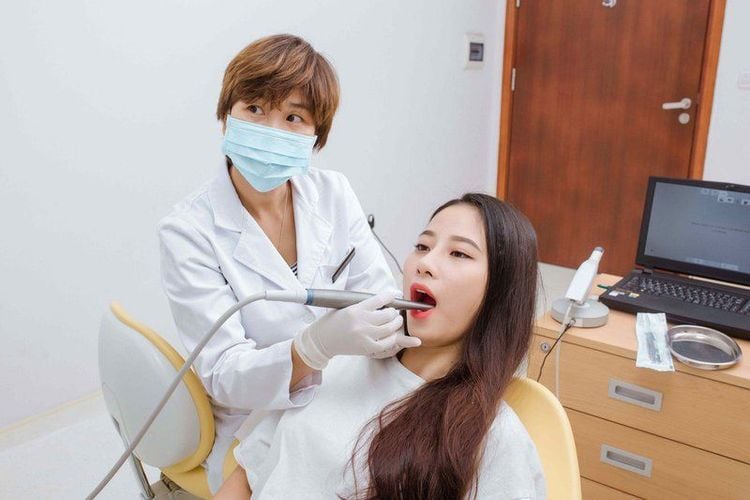
Người đái tháo đường nên định kỳ kiểm tra răng miệng.thường xuyên
Diabetes complications in teeth not only affect eating problems but also affect the patient's quality of life. Therefore, people with diabetes need to take care of their teeth and health carefully; Pay attention to your own symptoms to detect and treat complications early.
Vinmec International General Hospital with international standards, equipped with modern medical equipment and a team of highly qualified medical - doctors, professional and dedicated staff to help bring comfort for patients during examination and treatment. If you have any need for consultation and examination at Vinmec Hospitals under the national health system, please contact us via the Website for the best service.
Please dial HOTLINE for more information or register for an appointment HERE. Download MyVinmec app to make appointments faster and to manage your bookings easily.




